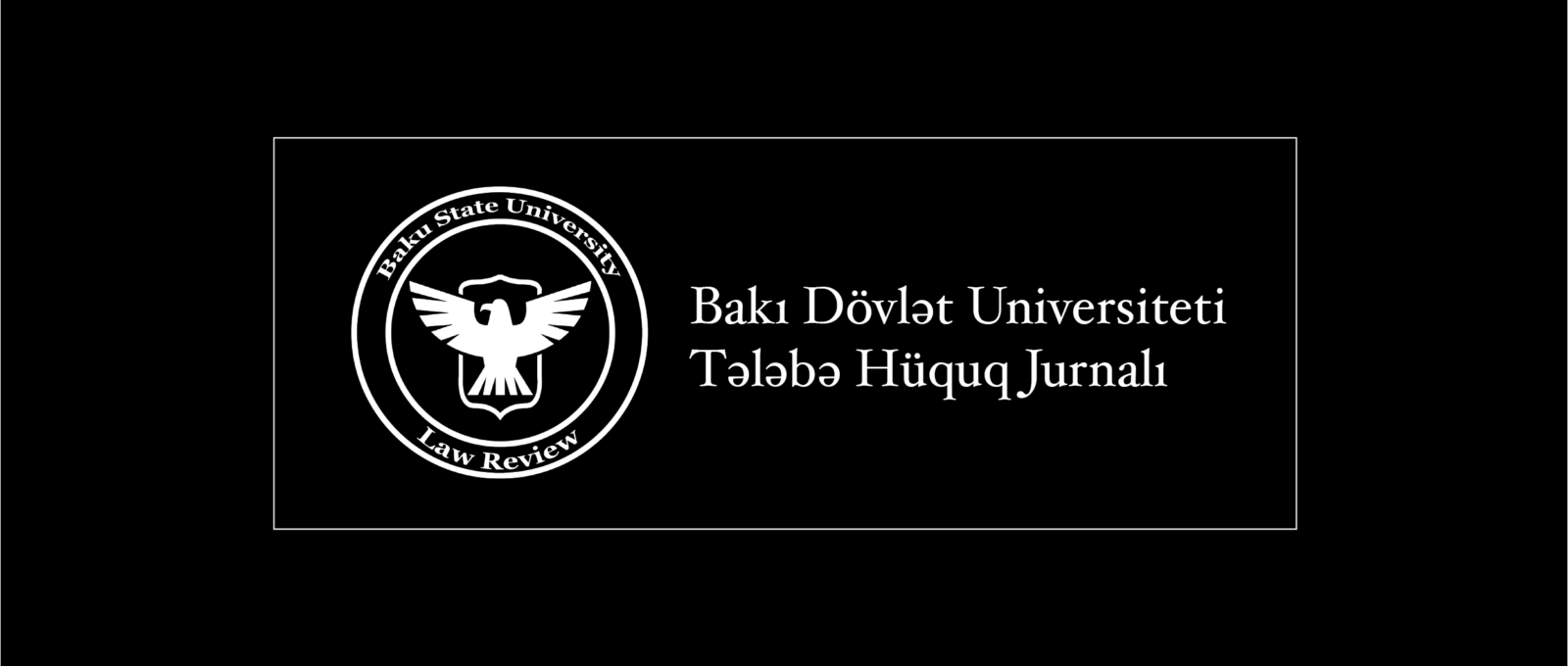Article language: English.
Abstract
Tobacco has been grown for quite a long time. Countries that grow the crop have justified their growing of it based on employment creation for local farmers and the contribution tobacco growing makes to economic emancipation. Despite that, the negative effects posed by tobacco use remain undeniable at a global level. Consequently, the World Health Organization (WHO) adopted the Framework Convention on Tobacco Control (FCTC) in 2003. The Convention is aimed at securing the health of the public from the adverse effects of tobacco and its use. It, therefore, calls on State Parties to adopt measures and strategies aimed at reducing the consumption of tobacco, such as plain packaging of tobacco products. While the Zambian government is aware of the obligations placed on it by the Convention, which it acceded to in 2008, calls for domestication have not been heeded. It will be demonstrated in this article that the failure to domesticate the Convention by the government offends the right to health and, by and large, leaves room for tobacco companies to take advantage of the right to trademark protection over the FCTC plain packaging recommendation.
Bu post həm də digər dildə mövcuddur:
Azərbaycanca

